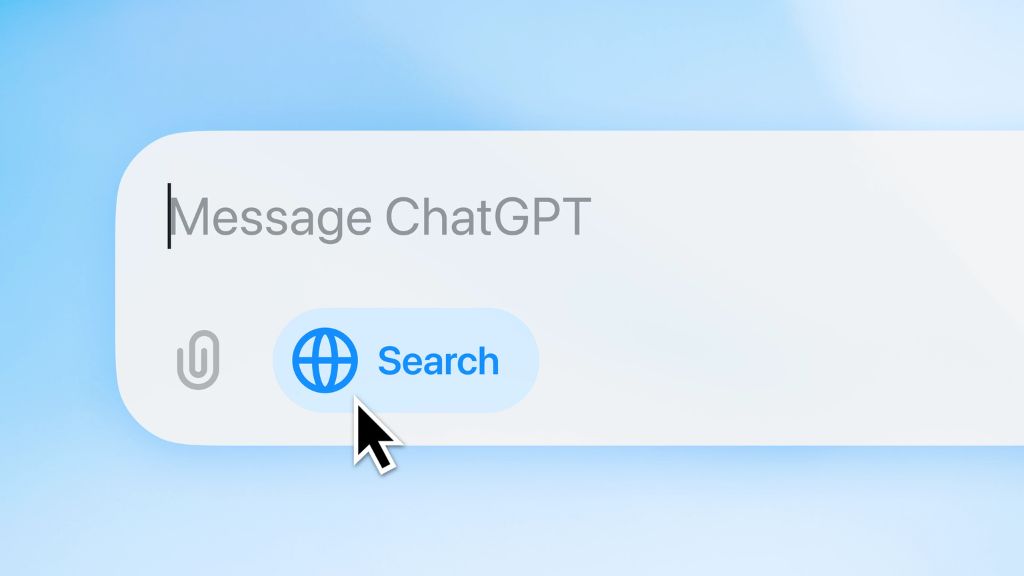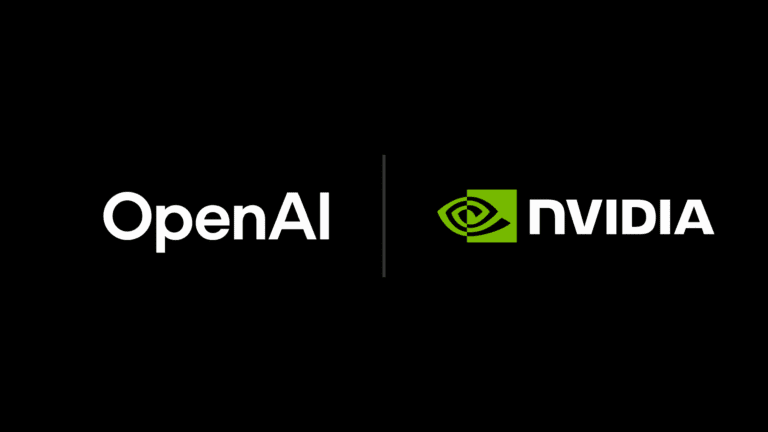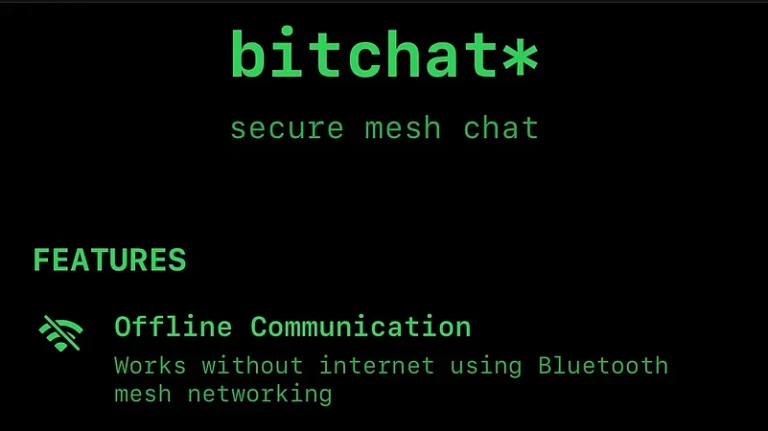
In a move that could potentially reshape the landscape of search engines, OpenAI has announced that ChatGPT Search is now fully operational for all its premium subscribers. This development marks a significant milestone in the integration of AI-driven conversational models into everyday search functionalities, offering a more interactive and tailored search experience.
ChatGPT, originally launched as a text-based conversational AI, has now expanded its capabilities into the realm of web searching. The new feature, known as ChatGPT Search, allows premium users to not only converse with the AI but also utilize it to perform web searches directly from the chat interface. This integration aims to provide users with a seamless experience where they can ask questions, seek information, or even request data analysis without leaving the chat window.
Features and Functionality:
- Natural Language Queries: Users can ask questions in everyday language, and ChatGPT Search will understand the context and intent behind the query to deliver precise search results.
- Visual and Interactive Results: The search results are not just links but come with summaries, images, and occasionally interactive elements like charts or graphs for data-driven queries.
- Personalization: Given the conversational nature, ChatGPT can remember past interactions, tailoring search results based on user’s previous engagements, enhancing the relevance over time.
User Reactions:
The launch has been met with enthusiasm from the tech community. Users on social platforms like X (formerly known as Twitter) have shared their first impressions, noting the speed and accuracy of the search results. One user described it as feeling “fast and even pulled our logo,” indicating the level of detail in the visual representation of search results.
Impact on Traditional Search Engines:
This feature rollout is seen as a direct challenge to established search engines like Google and emerging AI-driven search platforms like Perplexity. By integrating search into a conversational AI, OpenAI not only enhances user experience but also potentially shifts user habits towards more AI-centric interactions for information retrieval.
Technical Insights:
While specifics about how ChatGPT Search operates behind the scenes remain proprietary, it’s clear that it leverages the latest advancements in natural language processing and machine learning models like the one used by ChatGPT, likely GPT-4o or a derivative. This allows for real-time processing of queries, understanding of complex language, and the ability to fetch and present web content dynamically.
Market Implications:
The introduction of ChatGPT Search for premium users could lead to increased subscription rates as users seek access to this advanced functionality. It also places OpenAI in competition not just with search engines but with any service offering information retrieval or analysis, from financial data platforms to academic research tools.
The Road Ahead:
OpenAI has hinted at future expansions, suggesting that this feature will soon be accessible to non-premium users as well, potentially following a freemium model where basic searches are free, and advanced features remain behind a paywall. This strategy could broaden the user base while maintaining revenue streams through premium offerings.
As we move forward, the integration of AI into everyday tools like search engines continues to evolve, promising a future where information access becomes more conversational, intuitive, and personalized. However, it also raises questions about privacy, data usage, and the dependency on AI for information verification and source credibility.
For now, premium users of ChatGPT are at the forefront of this evolution, enjoying a glimpse into what the future of search might look like.






